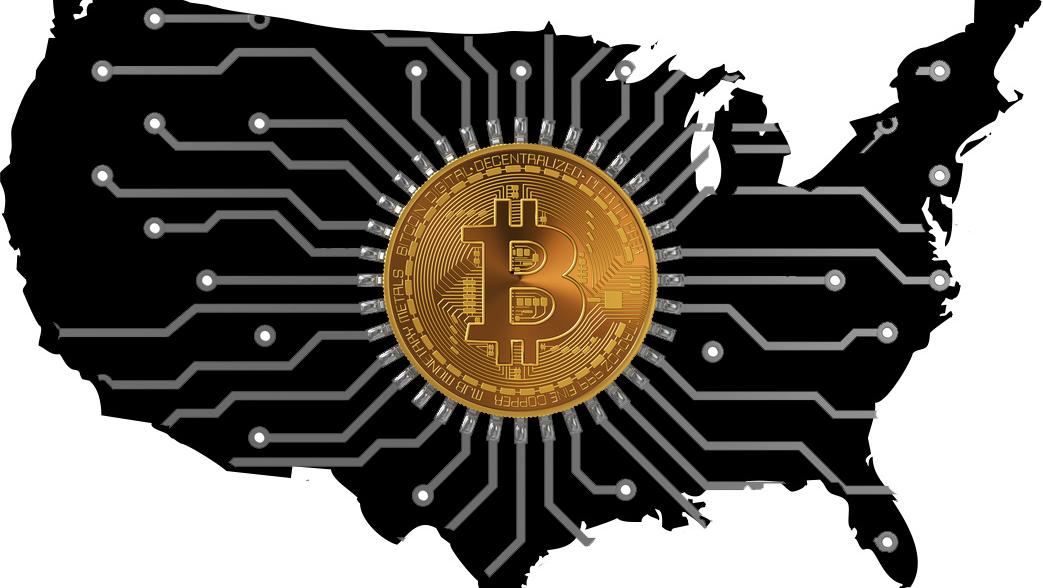PALO ALTO, Calif. (Reuters) - The Federal Reserve is taking a look at a broad series of problems around digital payments and currencies, consisting of policy, design and legal factors to consider around possibly providing its own digital currency, Governor Lael Brainard stated on Wednesday. Brainard's remarks suggest more openness to the possibility of a Fed-issued digital coin than in the past." By changing payments, digitalization has the potential to provide greater value and benefit at lower cost," Brainard said at a conference on payments at the Stanford Graduate School of Organization.
Main banks internationally are disputing how to handle digital financing innovation and the dispersed ledger systems used by bitcoin, which promises near-instantaneous payment at potentially low cost. The Fed is developing its own day-and-night real-time payments and settlement service and is presently reviewing 200 remark letters submitted late in 2015 about the proposed service's design and scope, Brainard stated.
Less than two years ago Brainard told a conference in San Francisco that there is "no compelling showed need" for such a coin. However that was prior to the scope of Facebook's digital currency aspirations were widely understood. Fed authorities, including Brainard, have raised issues about consumer defenses and information and personal privacy hazards that could be presented by a currency that might enter into use by the third of the world's population that have Facebook accounts.
" We are collaborating with other main banks as we advance our understanding of reserve bank digital currencies," she said. With more nations looking into providing their own digital currencies, Brainard stated, that contributes to "a set of factors to also be making certain that we are that frontier of both research study and fedcoin 2020 policy development." In the United States, Brainard said, problems that require research study include whether a digital currency would make the payments system more secure or easier, and whether it might position financial stability risks, including the possibility of bank runs if money can be turned "with a single swipe" into the main bank's digital currency.
To counter the monetary damage from America's extraordinary national lockdown, the Federal Reserve has taken unmatched actions, including flooding the economy with dollars and investing straight in the economy. Many of these relocations received grudging approval even from numerous Fed skeptics, as they saw this stimulus as required and something only the Fed might do.
My new CEI report, "Government-Run Payment Systems Are Hazardous at Any Speed: The Case Against Fedcoin and FedNow," information the dangers of the Fed's current strategies for its FedNow real-time payment system, and proposals for central bank-issued cryptocurrency that have been called Fedcoin or the "digital dollar." In my report, I discuss concerns about privacy, information security, currency adjustment, and crowding out private-sector competitors and innovation.
Advocates of FedNow and Fedcoin state the government needs to create a system for payments to deposit quickly, instead of encourage such systems in the private sector by raising regulatory barriers. However as kept in mind in the paper, the economic sector is supplying an apparently endless supply of payment innovations and digital currencies to solve the problemto the degree it is a problemof the time gap in between when a payment is sent out and when it is received in a bank account.

And the examples of private-sector development in this area are many. The Cleaning Home, a bank-held cooperative that has been routing interbank payments in different kinds for more than 150 years, has actually been clearing real-time payments given that 2017. By the end of 2018 it was covering half of the deposit base in the U.S.